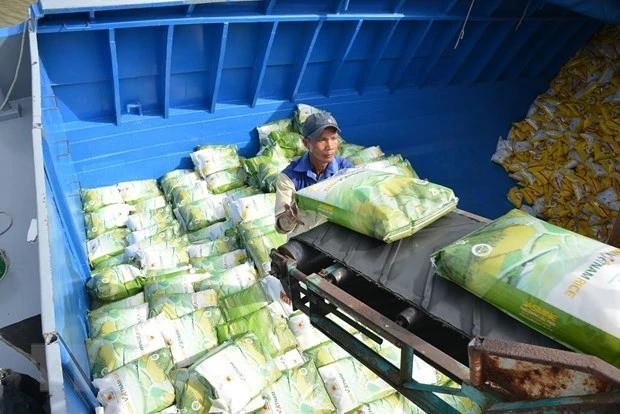In its report issued on June 25, ADB said that the COVID-19 pandemic continues to affect local currency bond markets in the emerging East Asian region as investment sentiment globally and in the region wanes and containment measures limit economic activity.
According to ADB Chief Economist Yasuyuki Sawada, governments and central banks in the region have taken significant measures to mitigate the impact of COVID-19 through fiscal stimulus packages and eased monetary policies, but more needs to be done to strengthen the region’s economies and financial markets. While overall investment sentiment is still down, there are signs of recovery in some economies as quarantine measures are strategically relaxed, he added.
As COVID-19 has been brought under control in Vietnam, the nation’s local currency bond market still posted a healthy 9.5% growth in the first quarter of 2020, reaching US$57.6 billion at the end of March.
This can be attributed to a strong growth rate in the government bond segment, growing 10.5% quarter-on-quarter, reaching US$53.3 billion and accounting for 92.6% of the country’s total bond stock.
Corporate bonds, however, contracted 1.7% quarter-on-quarter, reaching US$4.2 billion at the end of March, mostly owing to the absence of new issuances over the review period.
Across the emerging East Asian region, local currency bonds outstanding totalled US$16.3 trillion at the end of March, up 4.2% from December 2019 and 14% higher than in March 2019.
Bond issuance in the region reached US$1.7 trillion in the first quarter of 2020, up 19.7% from the fourth quarter of 2019.
The region’s local currency bonds outstanding as a share of gross domestic product rose to 87.8% at the end of March. Government bonds outstanding rose to US$9.9 trillion at the end of March, while corporate bonds reached US$6.4 trillion.
According to the report, government bond yields trended downwards in most regional markets between February 28 and May 29 this year, while equity markets in the region suffered losses and local currencies depreciated against the US dollar.
Credit spreads have widened for nearly all markets in the region as investors adopted a risk-averse approach, with shares of foreign holdings in most of emerging East Asia’s local currency bond markets also declining.
Risks affecting the global outlook remain heavily tilted to the downside, mainly due to the uncertainty brought about by the COVID-19 pandemic, causing the prospect of longer periods of minimal economic activity and further waves of outbreaks.
The second issue of the Asia Bond Monitor this year includes five discussion boxes focused on the COVID-19 pandemic. They explore its impact on capital markets; the possibility of issuing pandemic bonds as an option to fight COVID-19; the rising attention directed to social bonds in response to the pandemic; using fintech to promote inclusive growth and pandemic resilience and the infrastructure and policies needed for firms to obtain financing during the pandemic.



![[Video] Seven inspection teams formed to stabilise market during peak Tet period](https://en-cdn.nhandan.vn/images/9f233ae74386156ace55673ec5a8ea373e7bb5df2274800bfd51bda6ec86d9464d289201deda54c246314a974e2f0aef0bc69929884e4c53fd4eb6a1f98b468f6ae70becd9f49b834a8b9195e077c25b/anhminhhoavideo-110126-2.jpg.webp)












